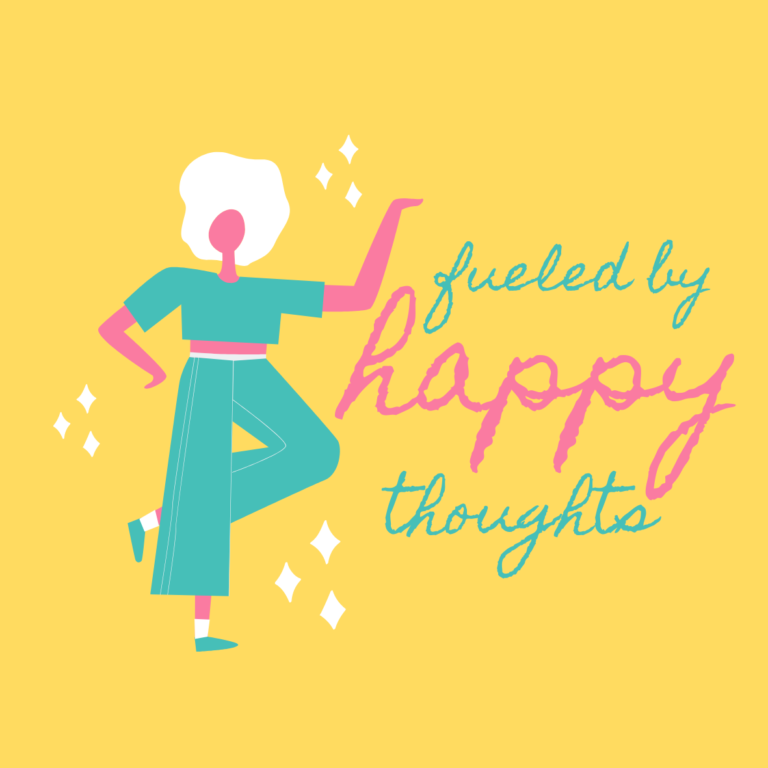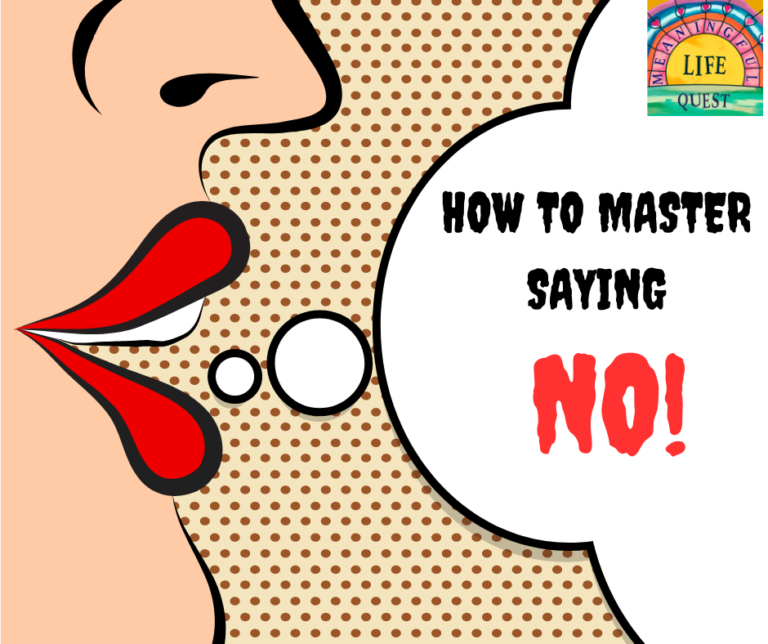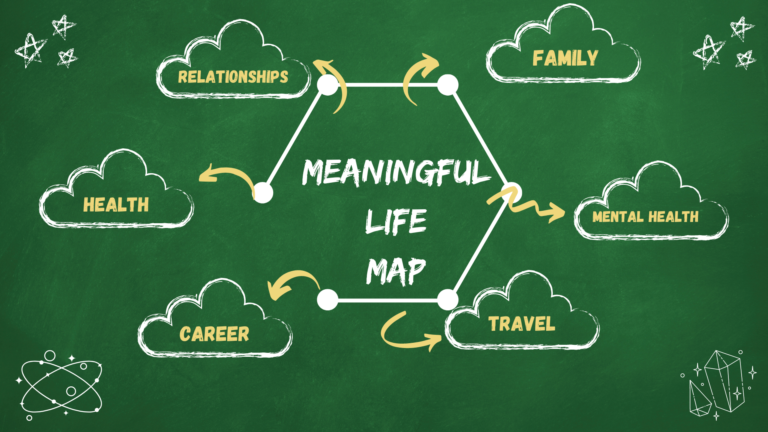What if I told you that your “thoughts” could kill you?
One of the essential tools to live a meaningful life that should be taught in school is how to manage your thoughts. How does an idea come in? Where does it come from? Are they always true?
Your thoughts manifest everything you do, whether you decide to go to school, break up with someone, dream, feel, and do. All of these start with a thought regardless of who you are, where you are from, or what you have done in the past.
Your thoughts and words can create meaningful friendships, kind words, or unique stories. But, unfortunately, they can also tell you what a terrible person you are or knock others down. It’s a matter of life and death that you learn that they are automatic and that your brain can master redirecting them into something that serves you better.
Imagine 100 people in a room eating a bowl of the same macaroni and cheese. They fill out a survey when finished, and 40% say it was exceptional, 30% it was good, 20% average, and 10% terrible. How can the same bowl of macaroni and cheese be so many things for so many people? It isn’t the macaroni’s fault. It’s just a bowl of food. In every circumstance (something everyone would agree on, like it’s hot, Tuesday, it’s raining) – we get to choose how we feel about it. The challenge is practicing what you CHOOSE to think.
So, if someone doesn’t like something you do or doesn’t feel as passionately about something as you do, it means nothing more than two people ate the same bowl of macaroni; one person liked it, and one didn’t.
But suppose you are currently turning circumstances into something with a negative meaning. In that case, it’s causing you to have a different feeling about it, making you take a negative action and resulting in a downbeat ending. When someone asks about your day, no one wants to hear that it was terrible. They were asking to be nice. When someone asks about your meal, they don’t want to hear that it was horrible. By learning how to filter and redirect your thoughts on what was GOOD about things, your focus will change your mood instantly. I’ve noticed that the older I get, I tend to focus on barriers or things that need improvement. I also know I must redirect what is good and right in my life. The more I do that. The more I practice it while journaling or talking to my children, the happier I am.
While you are on your journey to any goal or your meaningful life quest, you will face many circumstances that mean what you make it mean. Every case is neutral. It has only meaning once you assign one to it. So, we must be careful which circumstances, seeds, or words to hold on to and which to let go of.
You will always have people with different opinions, and you grew up with your family and friends and had views of your own. It’s very tricky because our belief systems are deep, and some of the things we believe about ourselves were created years ago. For example, my dad made me eat tomatoes as a child during our dinner, and I hated them. To this day, I rarely will eat them, regardless of what they taste like. So what do you do as a result of an experience years ago?
From today on, never use your thoughts or words against yourself or others. You are here on this planet. Your little sperm beat millions of others and then went nine months fighting to have this human experience. The fact that you are here says that you are a winner and have gifts to share with others.
Just because you hear or see something, you can create the story to what you want.
1. Has a friendship ended? You are grateful for the time you had together.
2. Is it raining? Go to a movie or catch up on another project. It was a lovely, relaxing day.
You can turn any situation into something constructive, sound, and meaningful. Even when people dear to you are sick, or you lose someone, it’s an opportunity for you to step up and help, reassure them, or tell them what they mean to you . Choose your thoughts to make the outcome as meaningful as possible, even when circumstances might be out of your control.
Think of a little child who hasn’t learned better, and they say something to you like, “You look silly in those glasses!” Well, you don’t take offense – you laugh. You don’t believe it. It’s just an innocent child. At the same time, if a friend is upset with us and says, “You always ruin things!” Many of us might believe them, creating a ripple of scarcity, fear, and not wanting to put ourselves out there in the world.
Innocently, people say things like, “You look tired! You seem so stressed! You’re avoiding me.” These opinions are based on their fears, experiences, and beliefs. We get to choose what we make that mean. We can filter out everything we see, hear, or read and redirect our focus to something bigger, happier, and more meaningful.
To summarize:
1. Remember that every circumstance is neutral. It’s until you think about it that you make it mean something. So when you choose your thoughts about it, you are now on the road to taking action, and that action will cause your result.
2. Get into the habit of letting things go. I have little sayings when I have no idea what the other person is talking about or if they are full of crap. You can say, “Wow! Interesting.” “Thank you for sharing that.” …or something that doesn’t necessarily have meaning but gives closure to the conversation, and you can move on.
3. Use your self-talk to calm and encourage yourself. “You can do it. I love what you did today!” Your opinion of yourself is the only one that truly matters because you know your intent. You know what you’ve done or haven’t done.
When used correctly, your words and thoughts give you power and abundance. They are one of the biggest keys to living a rich and meaningful life.
Do you know I have a podcast? Yes, it’s called “Meaningful Life Quest,” I’d love for you to go and listen and give me a review in iTunes so that others have more visibility too!
Have a great day,
Jen










